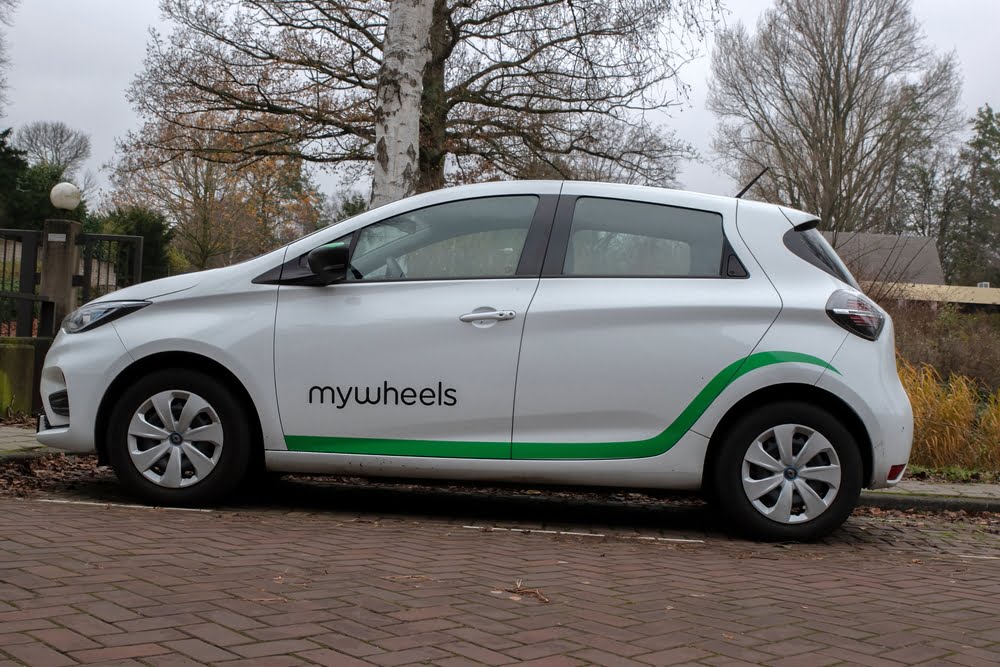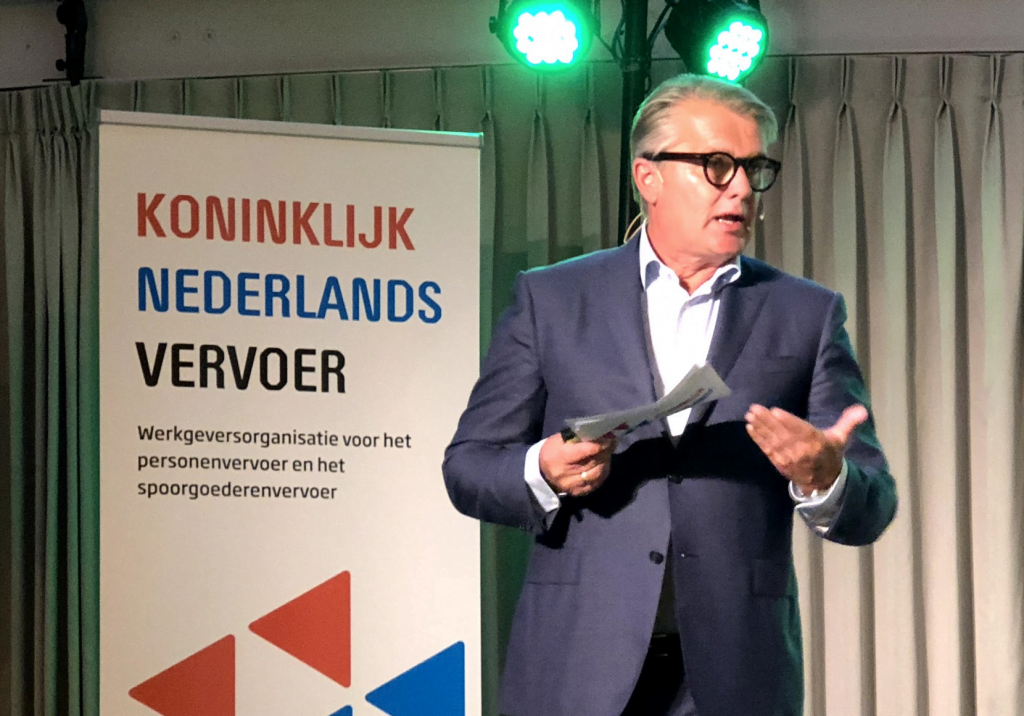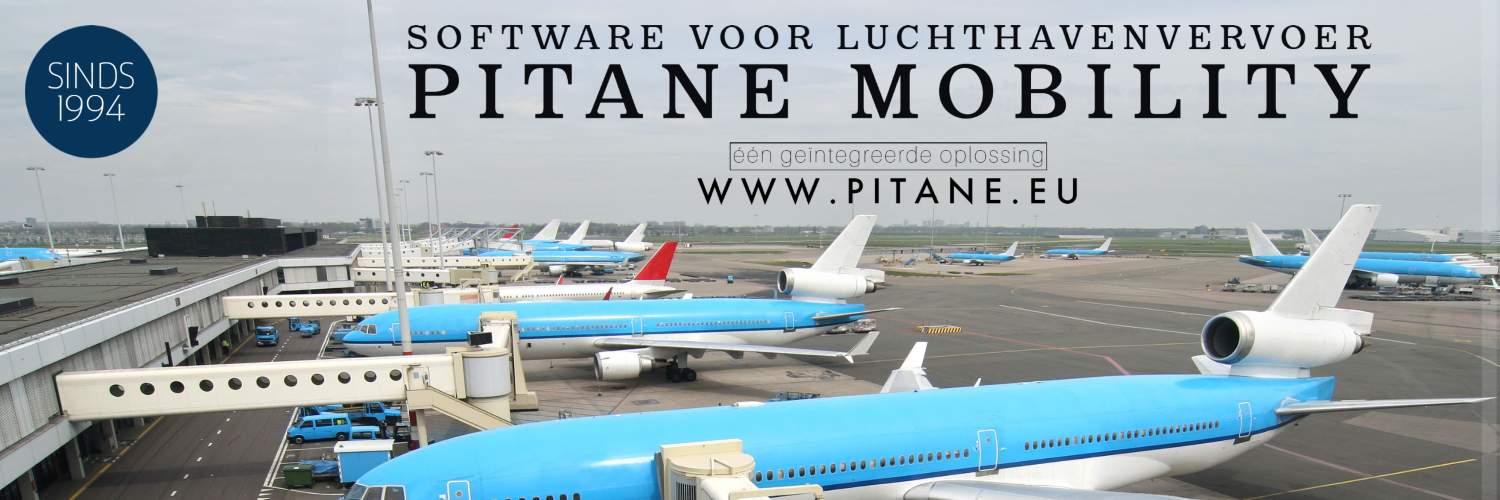Standardization and regulation are necessary elements in a well-functioning open ecosystem.
During the last meeting of the MaaS-Lab, the Eindhoven-based Pitane Mobility expressed the wish to include the integration of the TOMP API as a standard component in new tenders in Taxi and Healthcare transport. According to the Eindhoven entrepreneur – Gerrit Saey – we need to get rid of all those Swiss army knives in order to realize technical links between parties.
The sector may quietly ask for one and the same standard. According to chairman Bertho Eckhart – Royal Dutch Transport – the advice can be submitted to AIM, but the latter must decide on the recommendation itself. The Mobility Procurement Institute (AIM) was established by social partners in the taxi sector (KNV, FNV and CNV) to draw the attention of parties that purchase healthcare transport, including municipalities, provinces and healthcare institutions, to important themes for the sector.
In recent years, the Ministry of Infrastructure and Water Management and various consortia have taken steps to shape the MaaS pilots. In recent years, the Ministry of Infrastructure and Water Management also seemed to be aiming for the “mandatory” of the technical standard (TOMP API), initially through a direct obligation with the MaaS parties participating in the pilots, and now even via municipal policymakers who impose rules on car-sharing providers. The aim of the TOMP API is to create an 'open' system in which many parties have the opportunity to develop MaaS services.
major concerns
This obligation is a major concern for the car-sharing sector, which they see as a major threat to the current supply and future growth of car-sharing in the municipalities. This also hinders the success of MaaS pilots and (potential) customers are also duped. For these reasons, they request that the intended obligation not be perpetuated.
"The sector is not in favor of requiring the TOMP API as a standard in tenders. We have sent a fire letter about this to draw attention to this."
Dani Sprecher - myWheels

In addition to the further development and testing of the technical solutions, the creation of an actual working ecosystem is an important condition within MaaS. The expectation is that working MaaS systems will make a positive contribution to the quality of life in cities. This point is therefore the main reason why car sharing providers not only support MaaS, but also believe that they should play an important role in it.
objections
During the position paper previously informed the industry that the TOMP API is not mature and still needs a lot of practical experience to be further developed into a stable and implementable product. In addition, the technical, operational and financial impact of implementing the TOMP API for car sharing providers is underestimated. Making the TOMP API mandatory in the future threatens the service to the customers of the car-sharing providers.
According to the sector, the TOMP API was mainly developed by MaaS parties: “We as car-sharing providers were insufficiently able or willing to participate in this process, given the chosen approach. Unlocking cars through third parties is a complex matter.” Not only a critique of the TOMP API but also a vision for the future.
future
In general, most car-sharing providers see added value in a standard. From this point of view, it would be good to allow the TOMP API development to continue and mature with the parties for whom this is a logical next step, such as for those parties that do not yet offer (level-5) integration via their own APIs. . It is also important to learn from the first group that already works with 3rd party APIs.
Once the ecosystem is up and running, the incentive for the other parties must be large enough to eventually switch to the TOMP API. It would be a good goal if the TOMP API is mature at the end of the pilots and therefore more widely supported. According to the position paper, it is currently more important to establish a collaboration and accelerate the MaaS pilots than to require a technical standard.
there's work to be done
So there is work to be done for both parties. The industry can better explain the objections personally to TOMP-WG and the working group can in turn assess whether the position paper written at the time is still up to date. In summary, the car-sharing sector stated that an obligation of the TOMP API – certainly in this pilot phase – from the government or from municipalities would be undesirable, counterproductive and premature. For now, a commitment of the immature TOMP API comes well too soon.
Car-sharing providers support the idea of standardisation, but an obligation is not wise as advocated above. “We can imagine that municipalities would like to see car-sharing providers being integrated so that MaaS can take shape and their objectives can be achieved, but the way and technique of integration should not matter”, according to the sector. The position paper has been endorsed by myWheels, SIXT Share, Greenwheels, Juuve and Share-NOW and is here to read.




